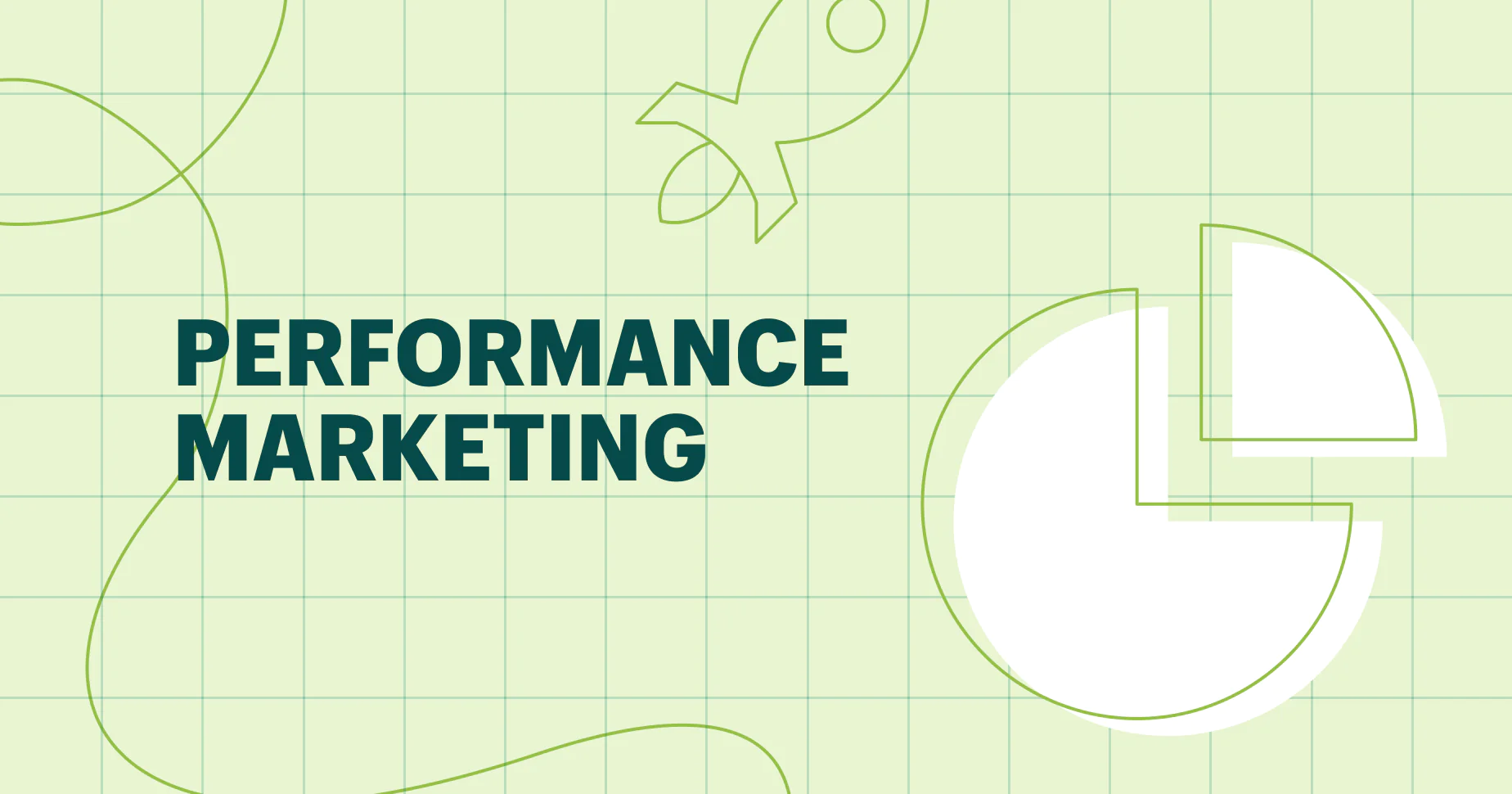Influencer marketing is a booming industry, but it also comes with some ethical dilemmas. How do you know if an influencer is being honest about their opinions, or if they are just paid to promote a product?
How do you disclose your partnerships with brands, without losing your credibility or annoying your followers?
How do you avoid endorsing products that are harmful, illegal, or unethical?
These are some of the questions that influencers face every day, and there are no easy answers. Some influencers may follow the guidelines that require them to clearly and conspicuously disclose any material connection with a brand. Others may use hashtags like #ad, #sponsored, or #partner to indicate their relationship with a brand. And some may not disclose anything at all, hoping that their followers won’t notice or care.
But what are the consequences of these choices?
Influencers who don’t disclose their partnerships may risk losing the interest of their audience or even facing backlash from the brands. And influencers who endorse products that are harmful, illegal, or unethical may risk damaging their reputation or even harming their followers.
So how can influencers navigate these gray areas, while still being ethical and effective?

Here are some tips:
- Be transparent: Always disclose your relationship with a brand, and be honest about your opinions. Don’t say you love a product if you don’t, or if you haven’t tried it. Don’t say you use a product if you don’t, or if you only use it once. Don’t say a product is safe, effective, or legal if you don’t know for sure.
- Be selective: Choose your partnerships carefully, and only work with brands that align with your values and niche. Don’t promote products that are irrelevant, low-quality, or controversial. Don’t promote products that you wouldn’t use yourself, or that you wouldn’t recommend to your friends or family.
- Be respectful: Respect your audience, and don’t spam them with too many ads or sponsored posts. Respect your brand partners, and don’t badmouth them or their competitors. Respect yourself, and don’t compromise your integrity or authenticity for money.
- The use of hashtags: Influencers often use hashtags to promote products or services. However, it is important to disclose when hashtags are being used for commercial purposes.
- The use of sponsored posts: Sponsored posts are a common way for influencers to promote products or services. However, it is important to make sure that sponsored posts are clearly labeled.
- The use of gifting: Influencers are often gifted products or services in exchange for promotion. However, it is important to disclose when gifts have been received.
- The use of affiliate links: Affiliate links are a way for influencers to earn money by promoting products or services. However, it is important to disclose when affiliate links are being used.
How to navigate the gray areas
There are a number of things that influencers and businesses can do to navigate the gray areas of influencer marketing ethics. Some of the most important include:
- Establishing clear guidelines: Influencers and businesses should establish clear guidelines for influencer marketing campaigns. These guidelines should cover everything from disclosure requirements to the use of hashtags and sponsored posts.
- Communicating openly: Influencers and businesses should communicate openly with each other about their expectations. This will help to avoid misunderstandings and ensure that both parties are on the same page.
- Being transparent: Influencers and businesses should be transparent with their audience about their relationships with each other. This will help to build trust and credibility.
- Being mindful of social responsibility: Influencers and businesses should be mindful of the social impact of their marketing campaigns. They should avoid promoting products or services that are harmful or unethical.
Influencer marketing can be a rewarding and lucrative career, but it also comes with responsibilities and challenges. By following these tips, you can navigate the gray areas of influencer marketing ethics, and create content that is both fun and ethical.







